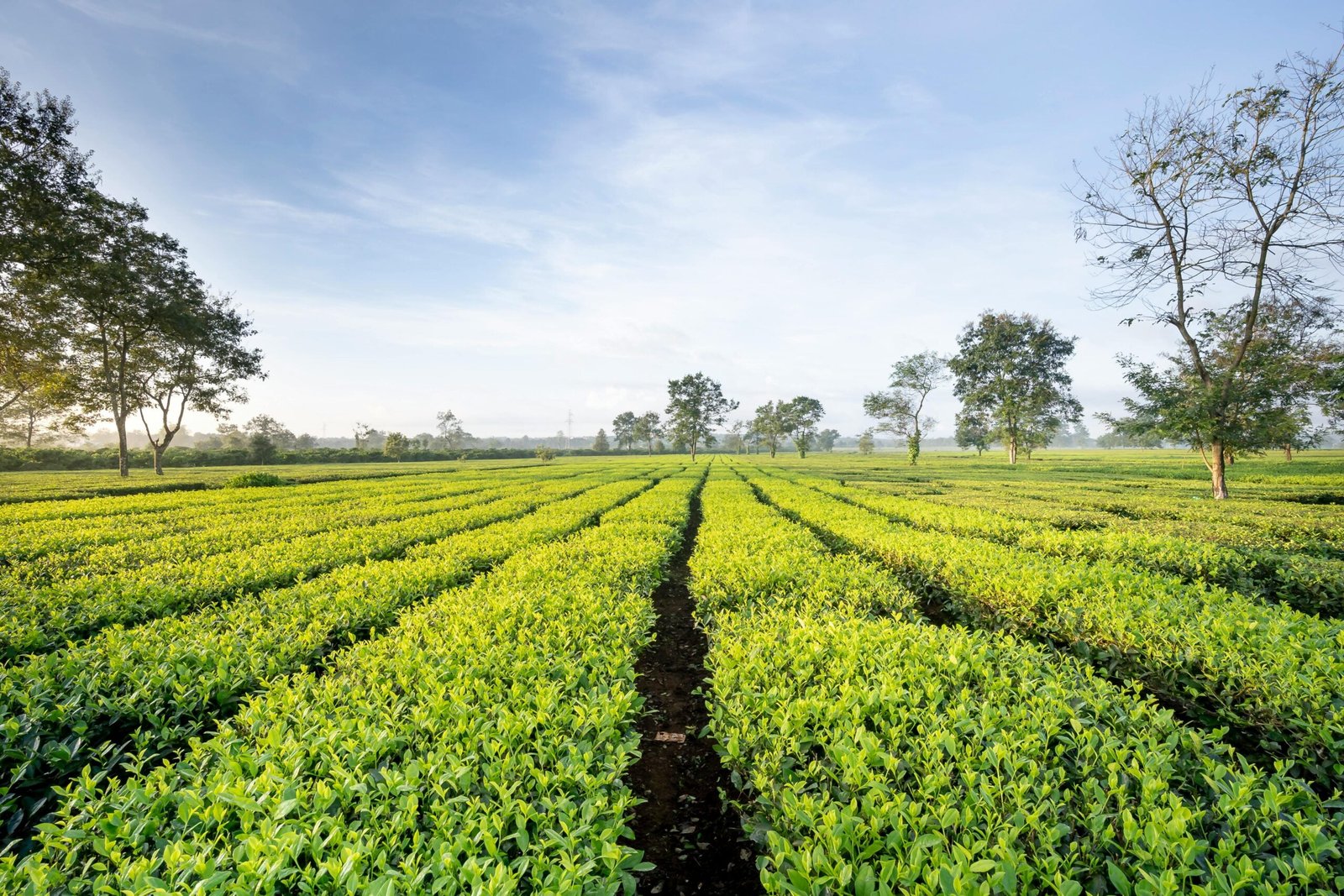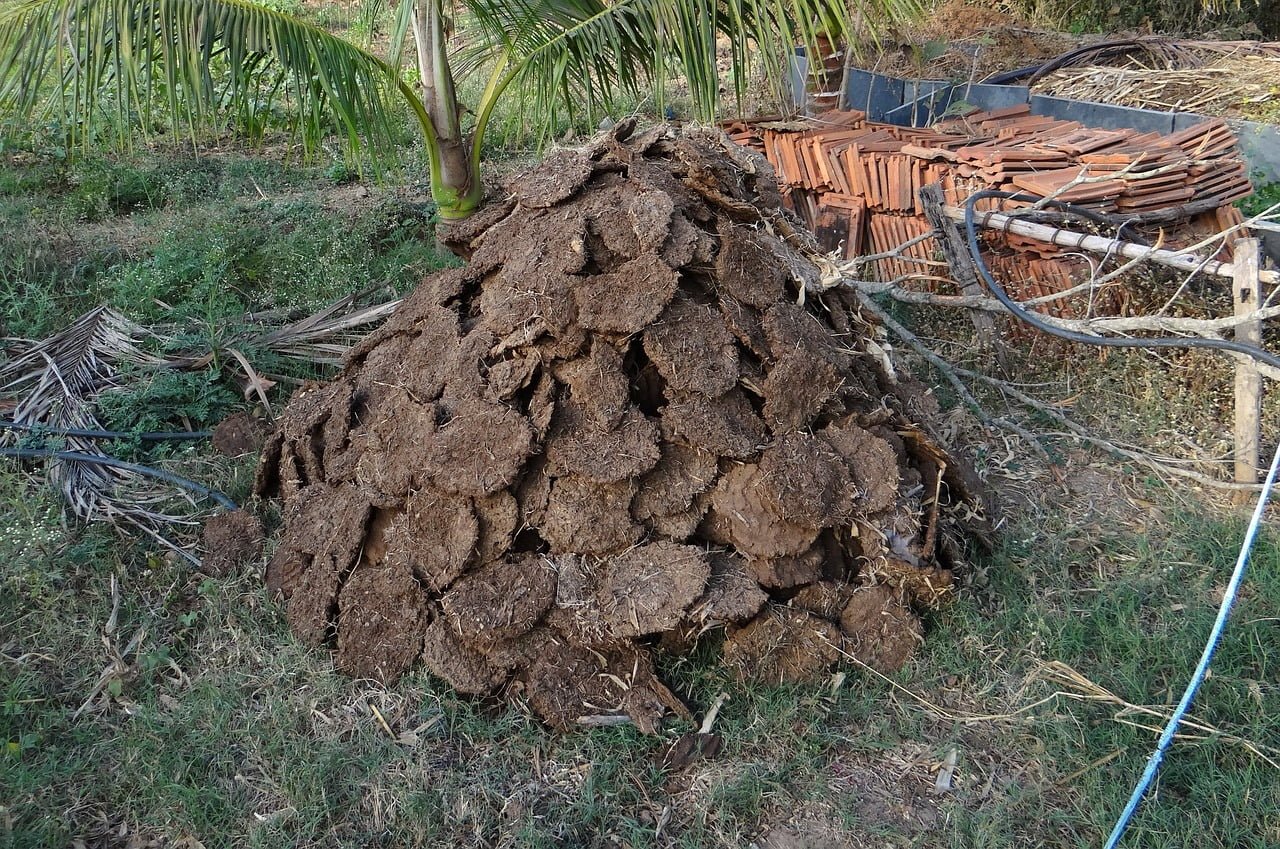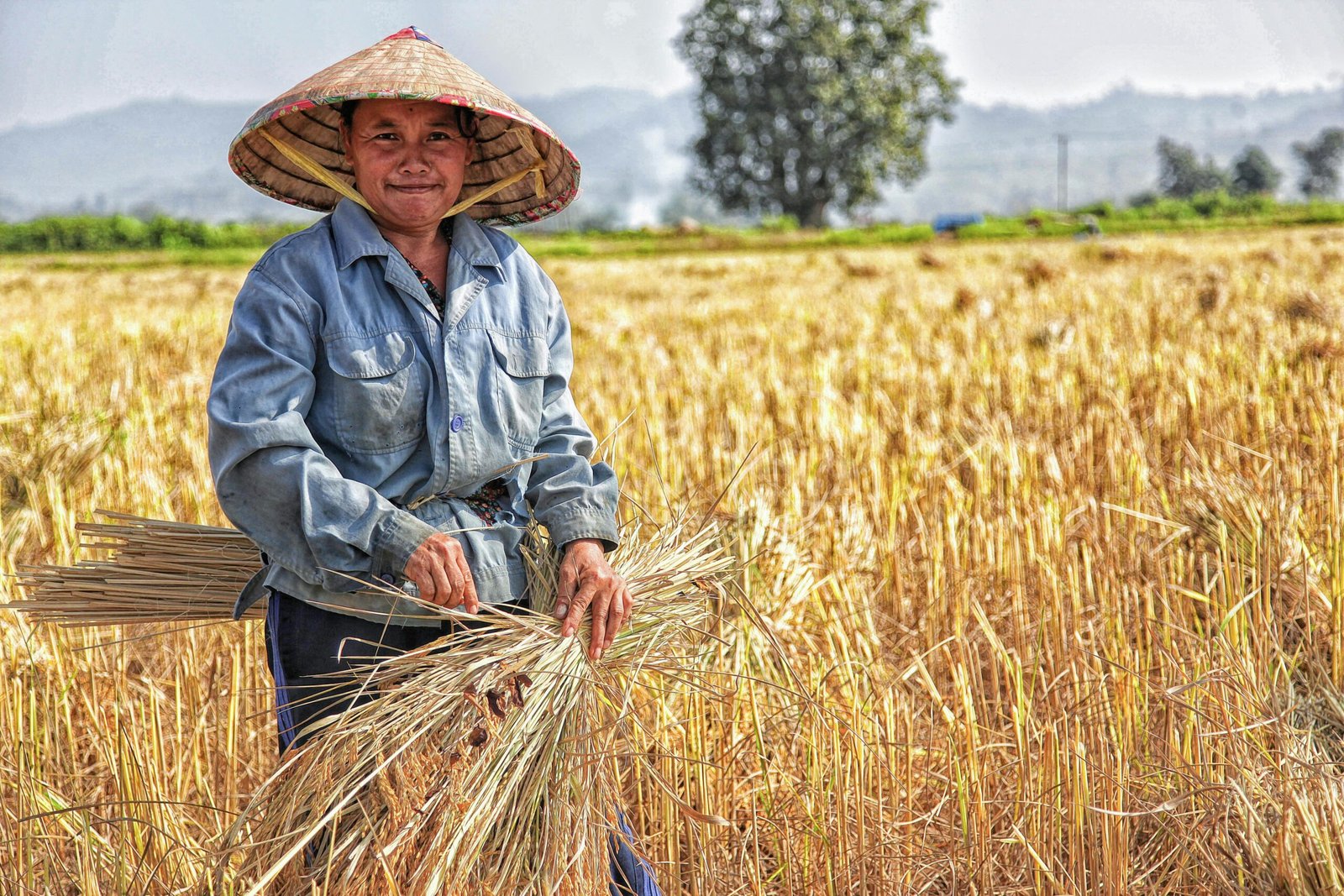
Summary of Contents
Environmental Benefits of Organic Farming in Northeast India
Northeast India is known for its rich natural resources, and organic farming is helping to preserve this ecological wealth. Unlike conventional farming, which relies heavily on synthetic fertilizers and pesticides, organic farming uses natural methods to maintain soil health and protect biodiversity.
Preserving Soil Health
The region’s fertile soil is one of its greatest assets. Organic farming practices, such as composting, crop rotation, and the use of green manure, help maintain and even enhance soil fertility. These methods prevent soil erosion and nutrient depletion, which are common problems in conventional farming. By avoiding synthetic fertilizers, organic farming also reduces the risk of soil contamination, ensuring long-term productivity.
Protecting Biodiversity
Northeast India is home to a wide variety of plant and animal species. Organic farming encourages biodiversity by creating habitats for beneficial insects, birds, and microorganisms. The avoidance of chemical pesticides means that these natural species are not harmed, helping to maintain the ecological balance. For example, in Assam’s organic tea plantations, natural pest control methods are used, which allows wildlife to thrive alongside cultivated crops.
Water Conservation
Organic farming practices also contribute to water conservation, which is crucial in a region that depends on rain-fed agriculture. By improving soil structure and water retention, organic farms use water more efficiently, reducing the need for irrigation and minimizing the risk of water pollution from chemical runoff.

Economic Benefits for Farmers in Northeast India
One of the most significant benefits of organic farming in Northeast India is its potential to improve the livelihoods of small-scale farmers. The region’s farmers are increasingly embracing organic methods, not just for the environmental advantages, but also for the economic benefits that come with it.
Premium Prices for Organic Produce
Organic products typically fetch higher prices in both domestic and international markets. Consumers are willing to pay more for food that is free from synthetic chemicals and grown sustainably. This is particularly beneficial for farmers in Northeast India, where organic rice, tea, and spices are becoming sought-after commodities. Assam’s organic black rice, for instance, has gained popularity in export markets, offering farmers higher profit margins.
Reducing Input Costs
Organic farming helps farmers reduce their reliance on expensive synthetic inputs like chemical fertilizers and pesticides. By using natural inputs like compost and vermiculture, farmers can significantly lower their production costs. In a region where many farmers operate on small-scale plots with limited resources, this cost reduction can lead to greater financial stability.
Government Support and Certifications
The Indian government has launched various schemes to promote organic farming in the Northeast. Programs like the Paramparagat Krishi Vikas Yojana (PKVY) and the Mission Organic Value Chain Development (MOVCD) provide financial assistance to farmers transitioning to organic methods. These initiatives not only offer technical support but also help farmers gain organic certification, which opens up new markets for their produce.

Health Benefits of Organic Farming for Consumers
Consumers in Northeast India are increasingly aware of the health benefits associated with organic farming. By choosing organic products, they can enjoy food that is free from harmful chemical residues, which are often found in conventionally grown crops.
Chemical-Free Produce
One of the main attractions of organic farming is that it eliminates the use of synthetic pesticides and fertilizers. As a result, the food produced is free from chemical residues that can have adverse effects on human health. For example, organic vegetables and fruits grown in states like Manipur and Arunachal Pradesh are safer for consumption, especially for children and those with health sensitivities.
Higher Nutritional Value
Studies have shown that organic produce often contains higher levels of vitamins, minerals, and antioxidants compared to conventionally grown crops. This is because organic farming practices focus on building healthy soil, which in turn leads to healthier plants. In Assam, organic tea is prized not only for its rich flavor but also for its higher antioxidant content, making it a healthier choice for tea drinkers.
Safer for Farmers
Organic farming also benefits farmers by reducing their exposure to harmful chemicals. In conventional farming, farmers are often at risk of pesticide poisoning due to the frequent use of toxic chemicals. Organic farming provides a safer working environment, reducing health risks for those involved in food production.

The Potential of Organic Farming in Northeast India
The potential of organic farming in Northeast India is vast. With its rich natural resources, traditional farming methods, and growing consumer demand for sustainable products, the region is well-positioned to become a leader in organic agriculture.
Untapped Export Markets
As global demand for organic products continues to rise, Northeast India has the opportunity to tap into international markets. Organic spices, tea, and rice from the region are already gaining recognition abroad, and with proper marketing and certification, these products can reach even larger markets. The organic certification process ensures that these products meet international standards, allowing farmers to sell their goods at a premium price.
Boosting Rural Economies
Organic farming has the potential to revitalize rural economies in the Northeast. By reducing input costs and offering higher returns, organic farming can improve the financial stability of small-scale farmers, who make up the majority of the agricultural workforce in the region. Additionally, organic farming can create jobs in related sectors, such as processing, packaging, and marketing organic products.
Sustainable Tourism
The Northeast’s natural beauty and commitment to sustainability make it an ideal destination for eco-tourism. Organic farming can play a role in promoting agro-tourism, where visitors can experience the region’s traditional farming practices and enjoy locally grown organic food. States like Sikkim, which has become India’s first fully organic state, are already attracting tourists interested in sustainable living.

Conclusion
The benefits of organic farming in Northeast India are numerous, ranging from environmental preservation to economic growth and improved health outcomes. As more farmers transition to organic methods, the region is poised to become a hub for sustainable agriculture that benefits both people and the planet.
Are you curious about organic farming in Northeast India? Whether you’re a farmer looking to adopt sustainable practices or a consumer interested in chemical-free products, supporting organic farming can make a real difference. Explore more resources or connect with local organic farmers to learn how you can contribute to this growing movement!
FAQ Section
What are the benefits of organic farming in Assam?
Organic farming in Assam offers numerous benefits, including healthier soil, reduced environmental pollution, and the production of high-quality organic products like tea, rice, and spices. Additionally, organic farming provides economic benefits to farmers by reducing input costs and offering higher prices for organic products in both domestic and international markets.
What are the benefits of organic farming in India?
The benefits of organic farming in India include improved soil health, better water conservation, increased biodiversity, and reduced reliance on chemical inputs. It also promotes healthier food for consumers and offers farmers the opportunity to earn higher profits through organic certification and access to premium markets.
What are the potential of organic farming in North East India?
The potential of organic farming in Northeast India is immense. The region’s rich biodiversity, traditional farming practices, and growing global demand for organic products make it an ideal location for sustainable agriculture. With proper support and marketing, Northeast India can become a major player in the global organic market, boosting rural economies and preserving the environment.
